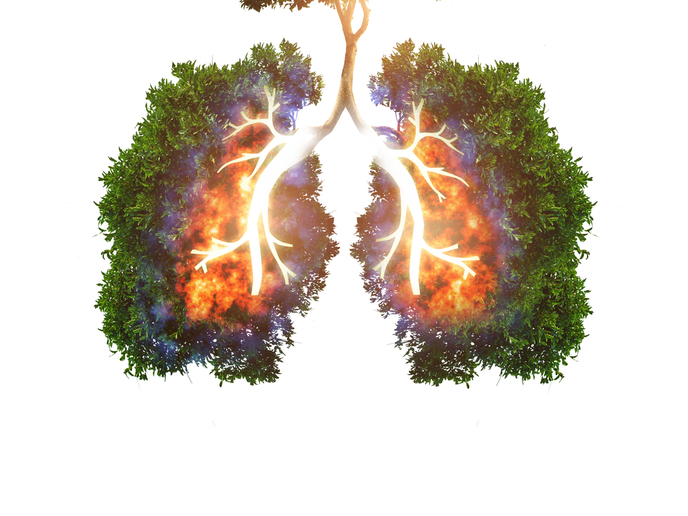Trending Science: Thanks to COVID-19, it’s time to flatten the curve on climate change
“Whilst COVID-19 has caused a severe international health and economic crisis, failure to tackle climate change may threaten human well-being, ecosystems and economies for centuries,” the UN’s World Meteorological Organization Secretary-General Petteri Taalas said in a virtual press conference on the occasion of Earth Day. “We need to flatten both the pandemic and climate change curves.”
Combat climate change like COVID-19
Taalas continued: “We need to show the same determination and unity against climate change as against COVID-19. We need to act together in the interests of the health and welfare of humanity not just for the coming weeks and months, but for many generations ahead.” According to the European Environment Agency (EEA), air pollution is down and air quality is up because of lockdown measures. The EEA monitors Europe’s air quality, and data is measured every hour on the ground at around 3 000 monitoring stations. In Rome, concentrations of the air pollutant nitrogen dioxide (NO2) in March were 26-35 % lower than for the same month in 2019. During the week of 16-22 March, Madrid’s reduction was 41 % compared to the same week in 2019. You can check your city’s concentration levels with the EEA’s viewer. EEA Executive Director Hans Bruyninckx commented on the statistics’ significance. “The EEA’s data show an accurate picture of the drop in air pollution, especially due to reduced traffic in cities. However, addressing long-term air quality problems requires ambitious policies and forward-looking investments. As such, the current crisis and its multiple impacts on our society work against what we are trying to achieve, which is a just and well-managed transition towards a resilient and sustainable society.” The Copernicus Atmosphere Monitoring Service (CAMS) provides similar air quality information. It also found that NO2 air pollution levels have plummeted across Europe since COVID-19 emerged. “I don’t think we can say that there is any long term significance in this decrease. However, in the short term I think these decreases are useful. The level of air pollution is affecting cardio-pulmonary health in general, so having less pollution at a time where this virus is around can only be a good thing,” head of CAMS Vincent-Henri Peuch told Euronews.
Are we learning any lessons?
For Peuch, more important than the record levels experienced now is how we handle environmental concerns and tackle climate change in the future: “The lessons learned once we will have this crisis behind us will be very important to (rethink) the problem of air pollution. Unfortunately climate change will still be around and will not really be changed by this crisis.” This is where the European Commission’s European Green Deal is needed more than ever. Presented in December 2019, little did decision-makers know that it would take centre stage in the EU’s COVID-19 recovery efforts. Aiming to make Europe the world’s first climate-neutral continent, it outlines a roadmap to make the EU’s economy sustainable by turning climate and environmental challenges into opportunities. There’s no better time than now for the EU to send a clear and timely message about climate change, and show the same unity and resolve as it has during the COVID-19 crisis.
Keywords
COVID-19, climate change, environment, lockdown, coronavirus



